The Freethinker has previously discussed attempts by Pastafarians in Austria, the Netherlands and elsewhere to achieve the same rights and privileges as recognised religions – or at least to undermine state-sponsored religious privilege through irreverent humour and satire. On the worldwide Church of the Flying Spaghetti Monster, see this article in New Humanist.
Below, we present a brief update by Niko Alm on two cases brought by followers of the Flying Spaghetti Monster against Austria in the European Court of Human Rights, which handed down its decision on both yesterday. Almost inevitably, the Pastafarians lost. What is interesting is why they lost, and what this says about the state of religious privilege in Europe today. –Ed.

On 15 December 2022 the European Court of Human Rights (ECtHR) published its decisions on two applications brought by Pastafarians in Austria.
Case 1. Sager v Austria (2022)
The Church of the Flying Spaghetti Monster, Austria (CFSMA) wanted to acquire the legal personality of a ‘confessional community’. This was denied by the Austrian authorities and courts, despite the fulfilment of all substantial and formal requirements – respectively, the existence of cult and rite, and a minimum of 300 members.
Austria’s Federal Administrative Court had to be very creative in its reasoning in order to comply with the informal request made of it by the Department of Religious Affairs (Kultusamt) to deny the CFSMA recognition. The core argument was that although the applicant fulfilled all the legal requirements, its members were not sufficiently religiously active to form a community. This requirement is not stipulated in the law but was simply made up by the judge.
The proceedings lasted almost four years and went through all judicial levels up to the Austrian Constitutional Court, which marked the end of the appeal process in 2019.
Case 2. Alm v Austria (2022)
This was my own case. I applied for a new passport and identity card, each with a photo showing me with a pasta crown, which with its wire-like appendages symbolised my ordeal through all the official channels. The authorities refused my application with this photo despite my meeting all the (other) requirements. Headgear may be worn on photos for religious reasons. I claimed religious reasons, but the arbitrariness of magistrates and judges was stronger than truth and justice.
The decisions of the ECtHR
In its rejection of the two applications, the ECHR mainly relied on the ruling in De Wilde v The Netherlands, which was pursued by Dutch Pastafarians. Mienke de Wilde applied for a driving licence using a photo in which she wore a colander on her head. She went through all judicial levels up to the ECtHR, which rejected her application, holding that Pastafarianism is not ‘serious’ enough to be a religion.
Arguably, the Court was wrong in this case: religion is primarily constituted by the self-declaration of its adherents and should not have to be measured against the criteria of a court. In any event, de Wilde’s case ought not to have contributed anything to the matter of the Austrian applications, because the evaluation of the Dutch interpretation of Pastafarianism should have been irrelevant to the Austrian one. The Court should have taken into account the specific characteristics of Pastafarianism and its adherents in Austria.
Moreover, although the Court referred to the arguments of the Austrian courts and the Austrian Department of Religious Affairs, it quite obviously did not consider any of the applicants’ arguments.
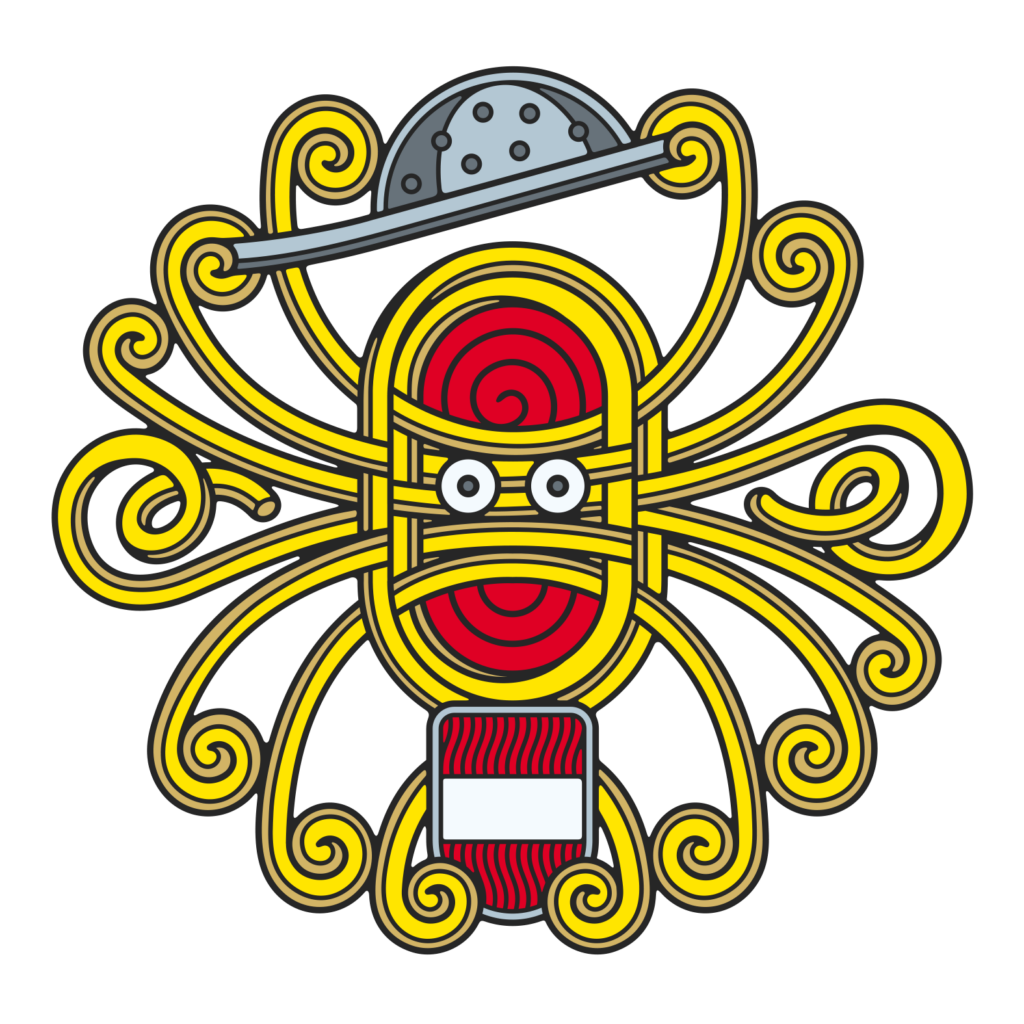
In a statement published on its website (in German), the CFSMA, of which I am a member and Master of Celery, expressed itself ‘disappointed’ with the Court’s decision. ‘It saddens me that the ECtHR does not take Pastafarianism seriously and questions our faith,’ said Supreme Maccherone Philip Sager.
Reportedly, the Almost Supreme Maccherona, Nadja Entner, was also shocked. ‘In my opinion,’ she said, ‘the judgement of the ECtHR is unjust, almost discriminatory. Our religious community and the concerns of our Church members are not taken seriously. Young, innovative world religions like Pastafarianism have no chance at all of being recognised, even though all the state-defined criteria are met. Despite everything, we will continue to fight for religious freedom and for equal treatment and equal rights for religious communities.’
The CFSMA is not planning to give up, but to ‘start the legal process again’. ‘In the past eight years, during which we have fought for our fundamental rights, we have been able to learn and improve a lot. I am hopeful that we will soon reach a positive result with the Department of Religious Affairs,’ said Sager.
I also wrote a statement for the website, as follows:
For me, the renewed rejection of the Pastafarians in court does not come as a surprise. In all procedural steps, both in the (attempted) recognition of the CFSMA as a ‘confessional community’ and now also with regard to ID documents with pasta crowns, the authorities and courts have shown themselves to be uncomprehending and uncooperative.
I cannot understand, tolerate or accept this rejection from a democratic point of view. Obviously, the wearing of headgear for religious reasons, i.e. in the broadest sense ideological or conscientious reasons, is allowed in Austria in passport photos. If Pastafarians – or non-Pastafarians – simply make use of this freedom for whatever reason, then no harm is done to anyone, neither to individuals, nor to organisations, society, taxpayers or the state. There is no cost to exercising this freedom.
Why so much energy has been sunk in incomprehensible, absurd and illogical arguments,
up to and including outright lies, from the Department of Religious Affairs to magistrates, administrative and supreme courts and now the ECtHR, is beyond me. The simpler, cheaper and more elegant decision would have been to simply accept what is worthy and right: to allow the pasta crown in the identity card. The only person who would have made a fool of himself would have been me. Now the Constitutional Court and the ECtHR have ridiculed themselves. But why?
Ultimately, these procedures are an expression of the undemocratic entrenchment of organised religion in our laws, which wants to secure its privileges, right down to its headgear, with the help of secular jurisdiction.
Enjoy this article? Subscribe to our free fortnightly newsletter for the latest updates on freethought.


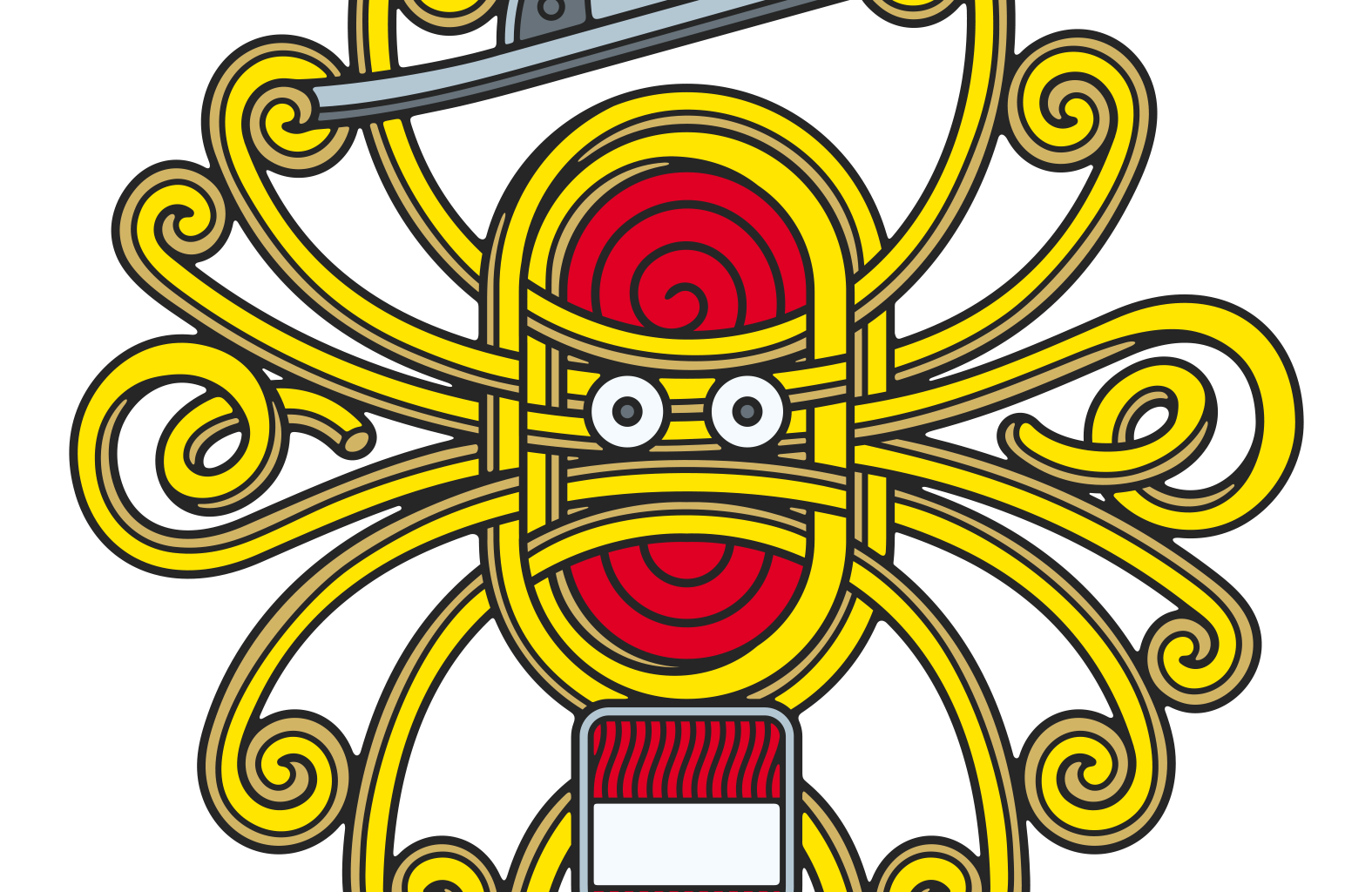
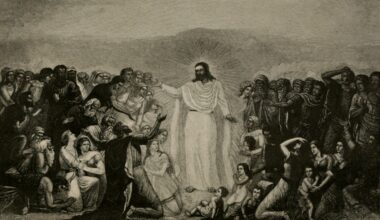

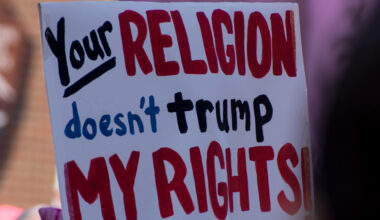


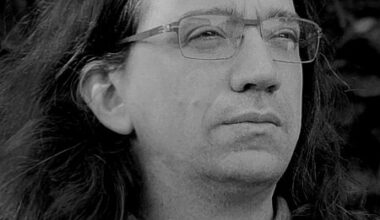
1 comment
The weak spot of Pastafarianism, and simultaneously the strong one too, is that it cannot be mocked or insulted. Contrary to other religions Pastafarians will never be angry over cartoons, ridicule or critical comments. So there is no need to defend their social image. That means the state will feel no urge to defend them or to accord them the status of an official religion. Only real religions can be insulted, mocked or ridiculed. Which says a lot about the vulnerability of these believe systems. They are so intrinsically weak that the state juridical apparatus has to defend them.
Your email address will not be published. Comments are subject to our Community Guidelines. Required fields are marked *
Donate